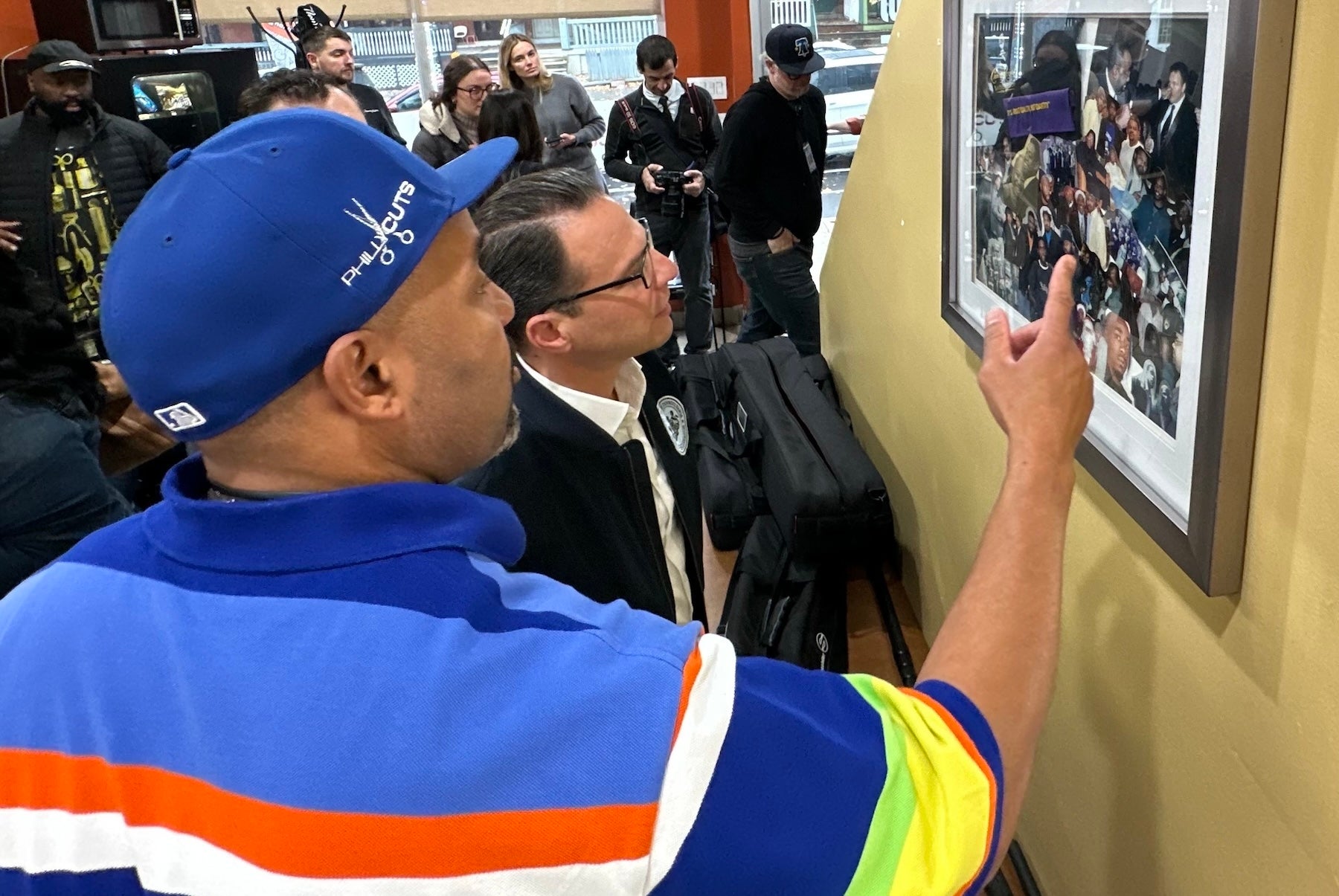Jobs
10 Jobs That Will Be as Extinct as the Dinosaurs in the 2030s – New Trader U

As technology advances at an unprecedented pace, the job market is undergoing a significant transformation. Automation, artificial intelligence, and changing consumer preferences reshape the employment landscape, rendering some jobs obsolete while creating new opportunities. In this article, we will explore ten jobs predicted to become extinct by the 2030s, much like the dinosaurs of the past.
What jobs will be eliminated by 2030?
Here are the ten jobs that are predicted to become extinct by the 2030s:
- Taxi Drivers
- Cashiers
- Travel Agents
- Bank Tellers
- Data Entry Clerks
- Warehouse Stockers
- Telemarketers
- Receptionists
- Proofreaders
- Watch Repair Technicians
These predictions are based on current trends and the anticipated impact of technological advancements, automation, and artificial intelligence. The actual timeline for the decline or disappearance of these jobs may vary depending on the pace of technological adoption and other societal factors.
1. The End of the Road for Taxi Drivers
The rise of self-driving cars is set to revolutionize the transportation industry, and taxi drivers are among those most likely to be affected. Companies are heavily investing in autonomous vehicle technology, which can potentially replace human taxi drivers entirely.
Self-driving cars offer increased safety, efficiency, and convenience, making them an attractive alternative to traditional taxi services. As this technology becomes more widely adopted, the demand for human taxi drivers is expected to decline drastically. Over twelve major companies, including Uber, Google, and Tesla, are working on self-driving and robo-taxi technology.
2. Checking Out on Cashiers
Self-checkout systems and automated payment solutions are becoming increasingly prevalent in retail stores, gradually eliminating the need for traditional cashier roles. These technologies provide cost savings for businesses and offer increased convenience for customers.
Cashiers’ roles are becoming less essential, especially with the ability to scan and pay for items without human intervention. As more stores embrace these automated systems, the demand for human cashiers will likely diminish significantly. Online purchases and delivery orders have also dramatically removed the demand for cashiers in purchases.
3. Booking the Last Flight for Travel Agents
The advent of online booking platforms and advanced chatbots has made the role of travel agents increasingly redundant. Travelers can now easily book online flights, hotels, and holiday packages without human intermediaries.
The convenience and accessibility of these digital tools have significantly reduced the reliance on traditional travel agents. As online booking systems continue to improve and offer personalized recommendations, the need for human travel agents is expected to decline further.
4. Bank Tellers Cashing Out
The rise of online banking, mobile apps, and ATMs significantly reduces the need for in-person banking services. Customers can now easily manage their accounts and perform various financial transactions from home or through self-service kiosks.
As banks invest in digital infrastructure and promote online and mobile banking, the demand for in-person teller services will decline. While some customers may still prefer face-to-face interactions for complex transactions, most routine banking tasks can be efficiently handled through digital channels, leading to a diminished role for traditional bank tellers in the coming years.
5. Data Entry Clerks Facing Deletion
Advancements in automation and artificial intelligence have led to the development of tools capable of handling data entry tasks more efficiently and accurately than humans. These technologies can process vast amounts of data, eliminate errors, and operate around the clock.
As businesses increasingly adopt these automated solutions, the need for human data entry clerks is expected to decline significantly. The cost savings and improved productivity offered by these tools make them an attractive alternative to manual data entry.
6. Stocking Up on Robot Replacements
Warehouses increasingly deploy robots with advanced sensors and artificial intelligence to manage inventory, sort items, and fulfill orders. These robots can navigate warehouse floors, locate products, and move them to the desired locations.
Using robots in warehouses enhances efficiency, reduces the risk of human error, and minimizes the need for human stockers. As robotic technology continues to advance, the role of human warehouse workers is likely to diminish.
7. Hanging Up on Telemarketers
The rise of automated calling systems and AI-driven customer service bots is making telemarketers’ jobs increasingly obsolete. These technologies can handle a high volume of calls, provide personalized responses, and operate 24/7.
Businesses are embracing these automated solutions to reduce costs and improve customer experiences. As AI-powered chatbots become more sophisticated in understanding and addressing customer needs, the demand for human telemarketers will decline significantly.
8. Automating the Front Desk
Hotels and offices are increasingly implementing automated check-in systems and AI-driven customer service solutions, reducing the need for human receptionists. These technologies can handle tasks such as guest registration, room assignments, and providing information to visitors.
The convenience and efficiency of automated front desk systems make them an attractive alternative to traditional human receptionists. As these technologies become more advanced and widely adopted, human receptionists’ role will likely diminish.
9. Proofreaders Facing Their Final Draft
AI-powered tools like Grammarly are becoming increasingly sophisticated in detecting grammatical errors, improving sentence structure, and enhancing overall text quality. These tools can quickly analyze large volumes of content and provide accurate suggestions for improvement.
As businesses and individuals rely more on these automated proofreading solutions, the demand for human proofreaders is expected to decline. The cost savings and consistency AI-powered proofreading tools offer make them an attractive alternative to manual proofreading.
10. Time’s Up for Watch Repair Technicians
The shift towards smartwatches and durable digital timepieces, coupled with changing consumer preferences, is diminishing the demand for traditional watch repair services. Modern watches are designed with increased durability and functionality, reducing the need for frequent repairs.
Additionally, the prevalence of smartwatches has altered consumer expectations, with many opting for replacement rather than repair when faced with issues. As a result, the role of watch repair technicians is becoming less relevant in the modern era.
Conclusion
The examples discussed in this article highlight the significant impact of technological advancements on the job market in the coming years. As automation, artificial intelligence, and changing consumer preferences shape the workforce, individuals must stay informed about the evolving employment landscape.
While some jobs may become extinct, new opportunities will emerge, requiring workers to adapt and acquire new skills. Embracing lifelong learning and staying open to emerging job prospects will be essential for navigating the future of work.
By understanding the trends and preparing for the changes ahead, individuals can position themselves for success in the rapidly transforming job market of the 2030s.









